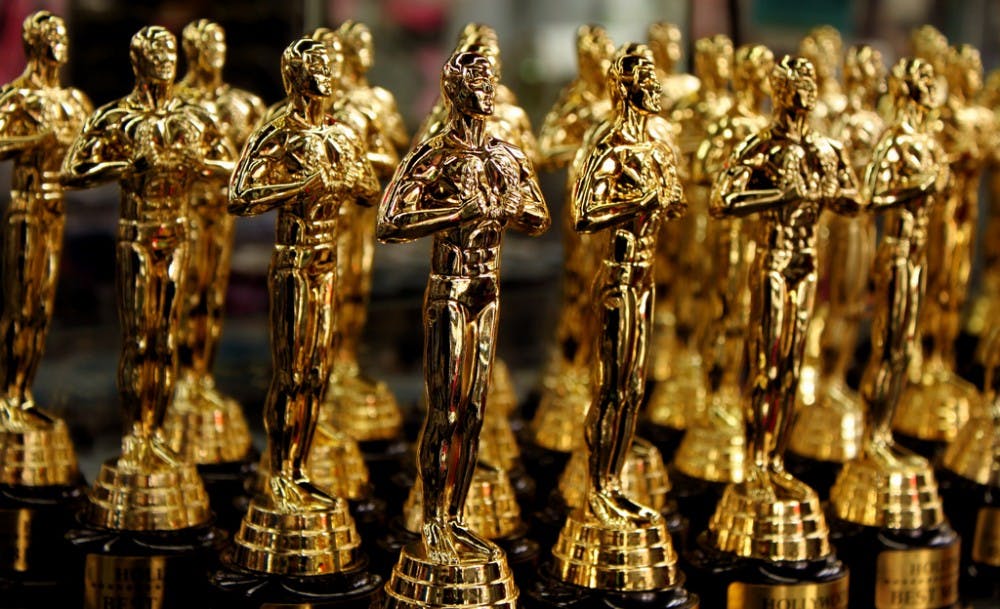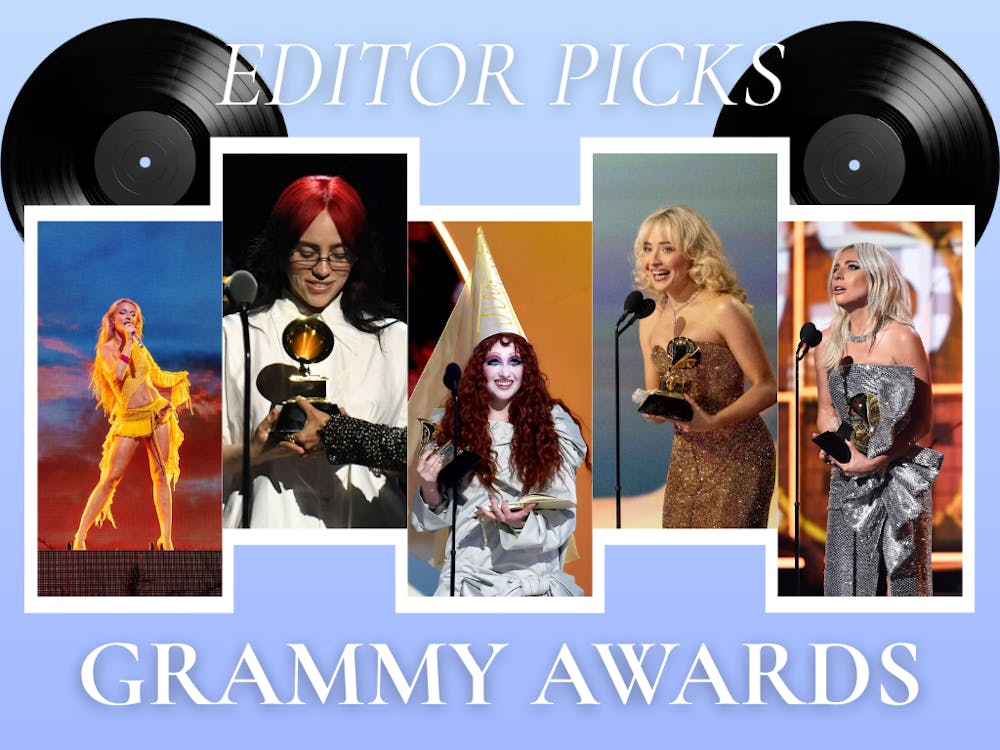In 2006, social activist Tarana Burke wrote two words on her MySpace page: "Me Too." Since then, MySpace has fallen out of significance in the realm of social media, but these words have remained relevant. Originally used to convey unity and empathy to women of color who have experienced sexual abuse or harassment, "Me Too" has ignited a global conversation empowering all survivors of sexual misconduct, while highlighting just how widespread the problem is.
The "Me Too" revolution has had an influence on the entertainment industry, in particular. When October 2017 brought about allegations against Harvey Weinstein, everyone saw how the movement contributed to taking down the Hollywood big shot who abused his position of power. We read and listened to subsequent allegations and reports of sexual misconduct against celebrity after celebrity, as "Me Too" continued to garner attention and give women everywhere the courage to speak up.
But the movement has extended beyond a few people, and is beginning to shape the industry -- including its awards ceremonies. These events are the pinnacle of media entertainment in America, at which the best of the best are recognized for their achievements, and the winners become faces of success and role models in our society. However, the 90th Academy Awards recently established just how much the "Me Too" movement and other initiatives like it have permeated entertainment culture, with some prominent people left off the nominations list.
There are always favorites going into the Oscars, and this year, James Franco was one of them. A shoo-in for Best Actor for his film "The Disaster Artist," Franco was passed over for any nomination, possibly in light of the recent sexual misconduct allegations against him. This was an especially surprising move after Casey Affleck won Best Actor last year, despite having settled two sexual harassment lawsuits against him. The allegations against Franco came on Jan. 11, just one day before the Oscar nominations closed, and Franco's name was quickly struck from the list in what I saw as a remarkable show of solidarity and respect from the Academy to survivors everywhere, emphasizing how "Me Too" is not just a demand to listen, but a call to action as well.
The most surprising Academy Award nomination went to Christopher Plummer, who's up for Best Actor in a Supporting Role for his performance in "All the Money in the World." Plummer replaced Kevin Spacey in the role of J. Paul Getty, after Spacey was hastily removed from filming due to numerous people accusing him of sexual assault. For me, this decision to remove Spacey is crucial, because without the "Me Too" revolution, it would have been Spacey on the verge of winning that award instead of Plummer -- and that would have been unacceptable. Hollywood is no longer sweeping celebrities' personal lives under the rug while continuing to reward them for their public performances, and we have "Me Too" to thank for that.
A message in support of "Me Too" was also sent out during the Golden Globes in early January, when many celebrities wore black to the ceremony and Oprah Winfrey gave a riveting speech praising the women who have come forward with their stories.
While the movement began with Hollywood at the forefront, it is swiftly and surely migrating into the world of music entertainment as well. Music's most prestigious award ceremony, the Grammys, just had its 60th anniversary last week. In between James Corden jokes that didn't quite land and unforgettable Kendrick Lamar performances, the Grammys presented a number of speeches and presentations that confirmed the growing support for "Me Too" and similar initiatives like "Time's Up." Kesha was invited to perform for the first time at the show, and she used the opportunity to sing "Praying," an emotional powerhouse of a song that confronts her abuser (rumored to be producer Dr. Luke) and gives voice to her newfound strength as a survivor.
Support was also shown in the form of celebrities on the red carpet, such as Anna Kendrick, Lady Gaga, Nick Jonas and Sarah Silverman, who all wore white roses. A particularly eloquent speech given by Janelle Monae also acknowledged that ignorance is no longer an option. Sexual misconduct is prevalent in the world of music, too, and everybody, not just women, needs to step up and work for a society rooted in equality.
The Grammys, Oscars and Golden Globes symbolize the past and present of the entertainment industry. These actions and performances foreshadow a coming change, though, that will prioritize social justice and build a solid, nationwide platform for women to confidently speak out. Ultimately, the presence of movements such as "Me Too" and "Time's Up" in award ceremonies has proclaimed to the world that the voices of survivors will no longer come second to the entertainment industry's love of fame and prestige.
*Correction: A previous version of this article incorrectly stated that Casey Affleck faced two sexual assault lawsuits. The two lawsuits filed against him were for sexual harassment, not sexual assault. The lawsuits were settled for an undisclosed sum.
sonderk@miamioh.edu




